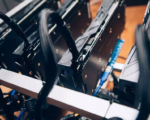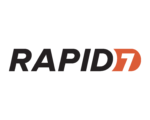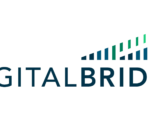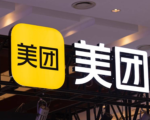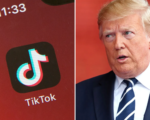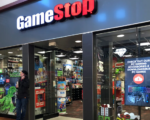Grab, the Singapore-based ride-hailing and food delivery giant, is reportedly in discussions to secure a loan of up to $2 billion to support its potential acquisition of Indonesia’s GoTo. The deal, which could be a bridge loan with a 12-month term, would help facilitate the merger between Grab and GoTo, two major players in the Southeast Asian market.
Loan and Funding Options
According to Bloomberg News, Grab’s loan negotiations are in the early stages, and the company is also exploring additional financing options, including bonds or equity financing, after securing the bridge loan. This move comes as Grab looks to strengthen its position in the region’s competitive ride-hailing and food delivery sectors.
GoTo’s Stance and Uncertainty
GoTo, the parent company of the Indonesian ride-hailing and food delivery platform Gojek, has declined to comment on the reports regarding the potential deal. While merger talks between Grab and GoTo have been ongoing, there has been no official agreement or announcement. Last week, GoTo clarified that it had not entered into any binding agreements concerning a potential transaction, despite media reports indicating that Grab was moving forward with the acquisition.
Competition Concerns
The proposed merger between Grab and GoTo has raised concerns among regulatory authorities, particularly regarding competition in the Southeast Asian market. Both companies are major players in the ride-hailing and food delivery space, and the combination of their services could lead to a dominant position in the market. The Singapore Competition and Consumer Commission (CCCS) has confirmed that it has not received any formal notification from Grab or GoTo regarding the potential merger.
Broader Implications for Southeast Asia’s Market
The potential acquisition of GoTo by Grab is seen as a significant move in the ongoing consolidation within Southeast Asia’s competitive ride-hailing and delivery market. Grab’s backing from Uber has made it a formidable competitor, and the merger with GoTo could further solidify its dominance. However, regulatory hurdles and competition concerns may continue to affect the progression of the deal.





